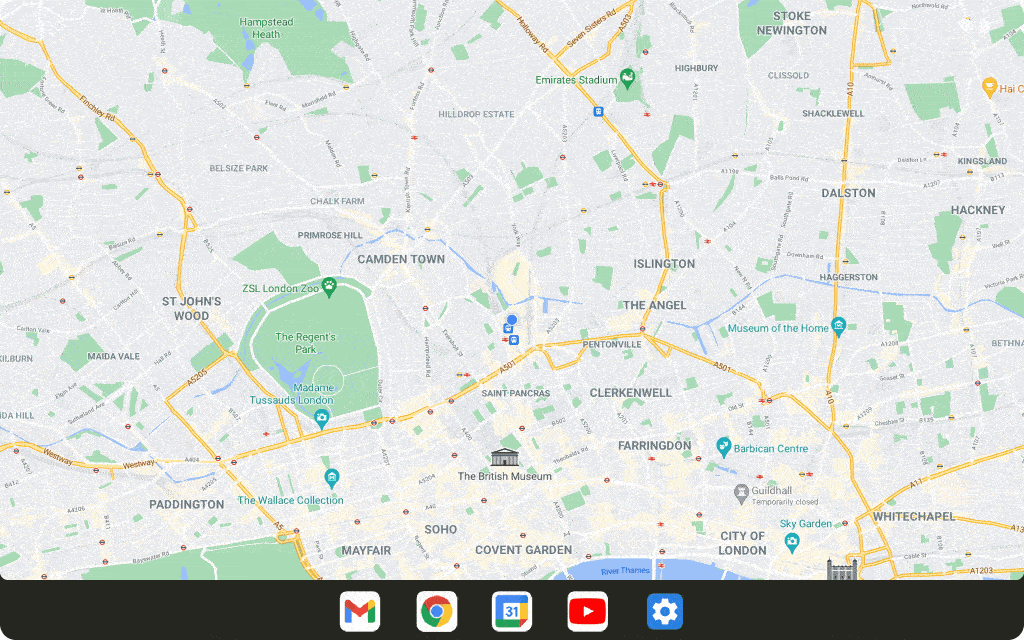Google today announced a preview of Android 12L, which may sound like a new version of Android, but Google calls it “a special feature drop that makes Android 12 even better on large screens.”
The idea here is to provide users on tablets, foldables and Chrome OS laptops — anything with a screen above 600 dp — with an improved user interface.
The developer preview of Android 12L is now available for developers who want to give it a try, as well as a new Android 12L emulator and support for it in Android Studio.
But 12L is also for phones, Google says, confusing no one. Since you won’t really see most of the new features there, though, the focus right now is on other devices, with beta enrollments for Pixel devices launching later in the preview.
Since Google calls it a ‘feature drop’ and ‘feature update’ in its announcement today, we’re not looking at a full fork of Android for these devices the way Apple split up iOS and iPadOS. Instead, it’s an update for large-screen devices that introduces additional multitasking tools and an optimized user interface. By default, Android 12L should also make apps look better on these devices, too.
Specifically, this means Google refined how notifications, quick settings, lock screen, overview and the home screen look on large screens. System apps on Android 12L have also been optimized, too.
What’s probably most interesting here is the new multitasking features, with a new taskbar that is a bit reminiscent of iPadOS. Android already supported split-screen mode on tablets, but Google notes that it’s now more discoverable. You simply drag and drop an icon from the taskbar onto the screen to invoke it. This also means every app on Android is now enabled to support split-screen mode (something that developer previously had to opt-in to).
Google plans to release 12L early next year, “in time for the next wave of Android 12 tablets and foldable.” We should probably expect to hear a lot about Android tablets and foldable at MWC then.
In addition to Android 12L, Google also today announced new features in OS and Play for developers to better support these devices. These include updates to its Material Design guidance for large-screen devices, but also updates to Jetpack Compose to make it easier to build for these machines and to ensure that apps can more easily adapt to various screen orientations and sizes. Android Studio is also getting a resizable emulator to help developers test their apps on a wider variety of screen sizes and a new visual linting tool to surface UI warnings and suggestions when the layout has issues.
As for Google Play, the company will now check apps against its large screen app quality guidelines and its search rankings will take the results of this into account. “For apps that are not optimized for large screens, we’ll start warning large screen users with a notice on the app’s Play Store listing page,” Google says.


